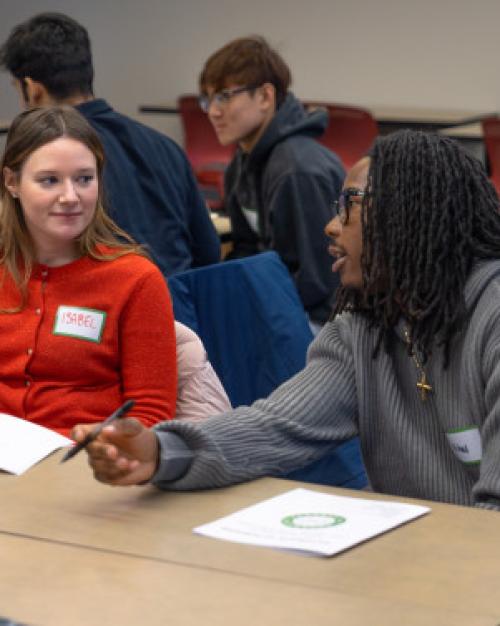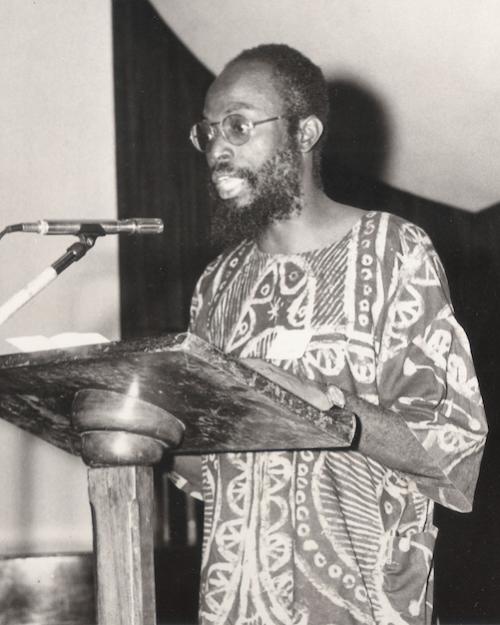Two Cornell professors have been awarded the prestigious Berlin Prize from the American Academy in Berlin: Alexandra Kleeman; associate professor of literatures in English, and Sabrina Karim, associate professor of government, both in the College of Arts & Sciences.
The highly competitive Berlin Prize is awarded annually to U.S.-based scholars, writers, composers and artists from the United States who represent the highest standards of excellence in their fields. Fellows are given the time and resources to advance important scholarly and artistic projects, free from the constraints of other professional obligations. During their stays, fellows engage with German audiences through lectures, readings and performances.
Kleeman, a novelist, will be part of the Berlin Class of Fall 2025. Her project, “The Taxon Cycle,” is a quasi-utopian novel about the rise and fall of money. Each part of Kleeman’s new novel explores a distinct site at which the utility and valuation of money is in flux and could be uprooted. The novel also considers the island as a site where nature sets into motion “evolutionary experiments” and asks what other types of relationships between life and necessity could exist in the absence of capitalism.
Kleeman’s other works include the novel “Something New Under the Sun,” a New York Times Notable Book of 2021, as well as the short story collection “Intimations” and the novel “You Too Can Have A Body Like Mine.” Her work deals in issues related to climate catastrophe, embodiment and late-capitalist realism. Her other honors include the Rome Prize and Bard Fiction Prize; she was awarded a Guggenheim Fellowship in Fiction in 2022.
Karim will join the Berlin Class of Spring 2026. Her project, “Pockets of Restraint in Violent Security Forces, will look globally for pockets of restraint that emerge among different security forces around the world based on research from her NSF CAREER award (that was recently terminated). She explores variation in individual police officers, military soldiers and various security force units’ use and preferences around the use of violence. She has found that security force autonomy, exposure to peacekeeping and international norms, and individual level characteristics contribute to differing policies on the use of force, preferences regarding excessive violence and their everyday responses to unfolding events.
Karim is director of the Gender and Security Sector Lab, and her research focuses on civil conflict management and peace processes, particularly state building in the aftermath of political violence. She is particularly interested in international involvement in security assistance to post-conflict states, gender reforms in peacekeeping and domestic security sectors and the relationship between gender and political violence. She is the co-author of “Equal Opportunity Peacekeeping: Women, Peace, and Security in Post-Conflict Countries,” which received the Conflict Research Studies Best Book Prize for 2017 and the American Political Science Association Conflict Processes Best Book Award for 2018. She is also co-author of “Positioning Women in Conflict Studies: How Women’s Status Affects Political Violence.”




